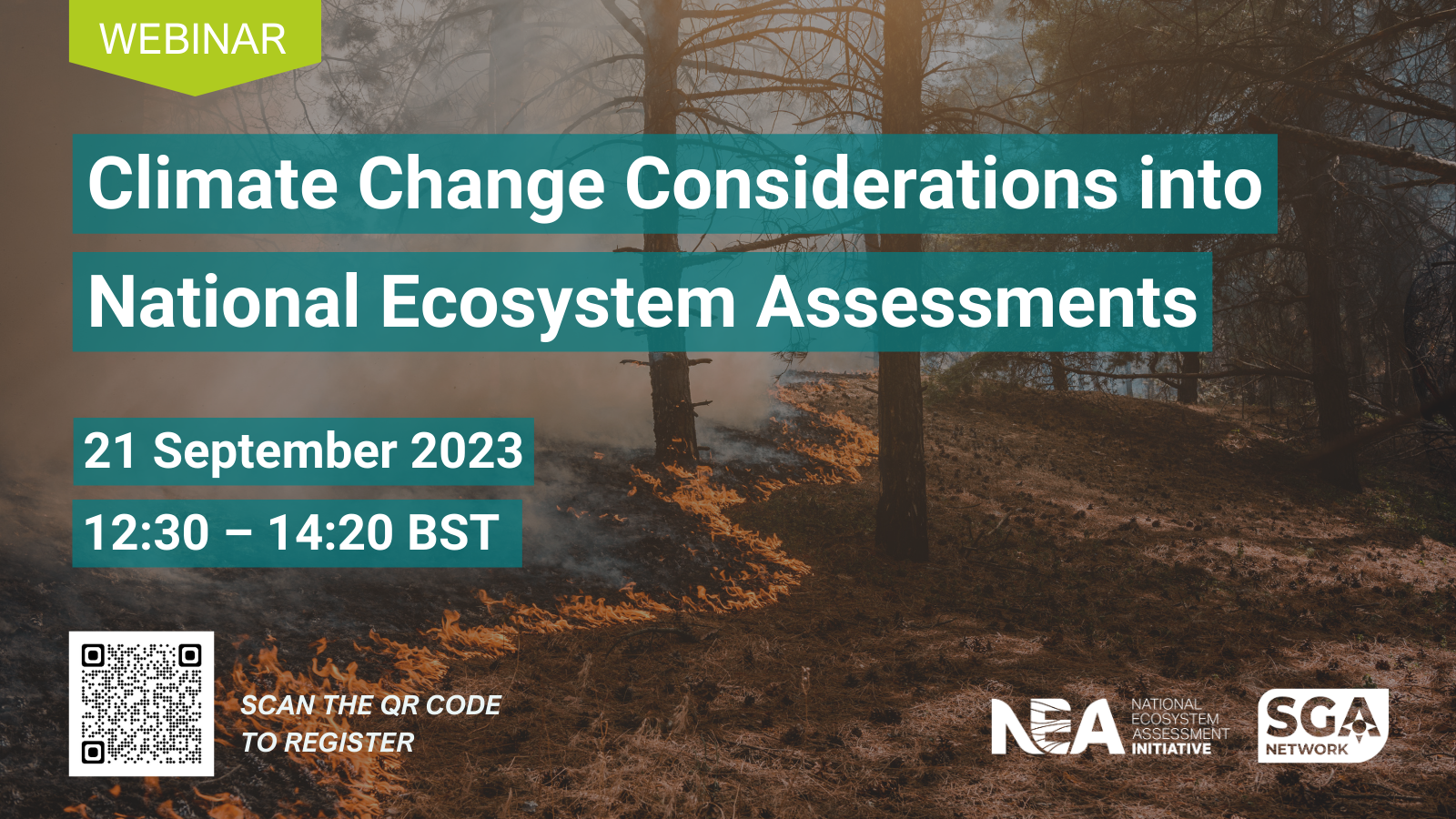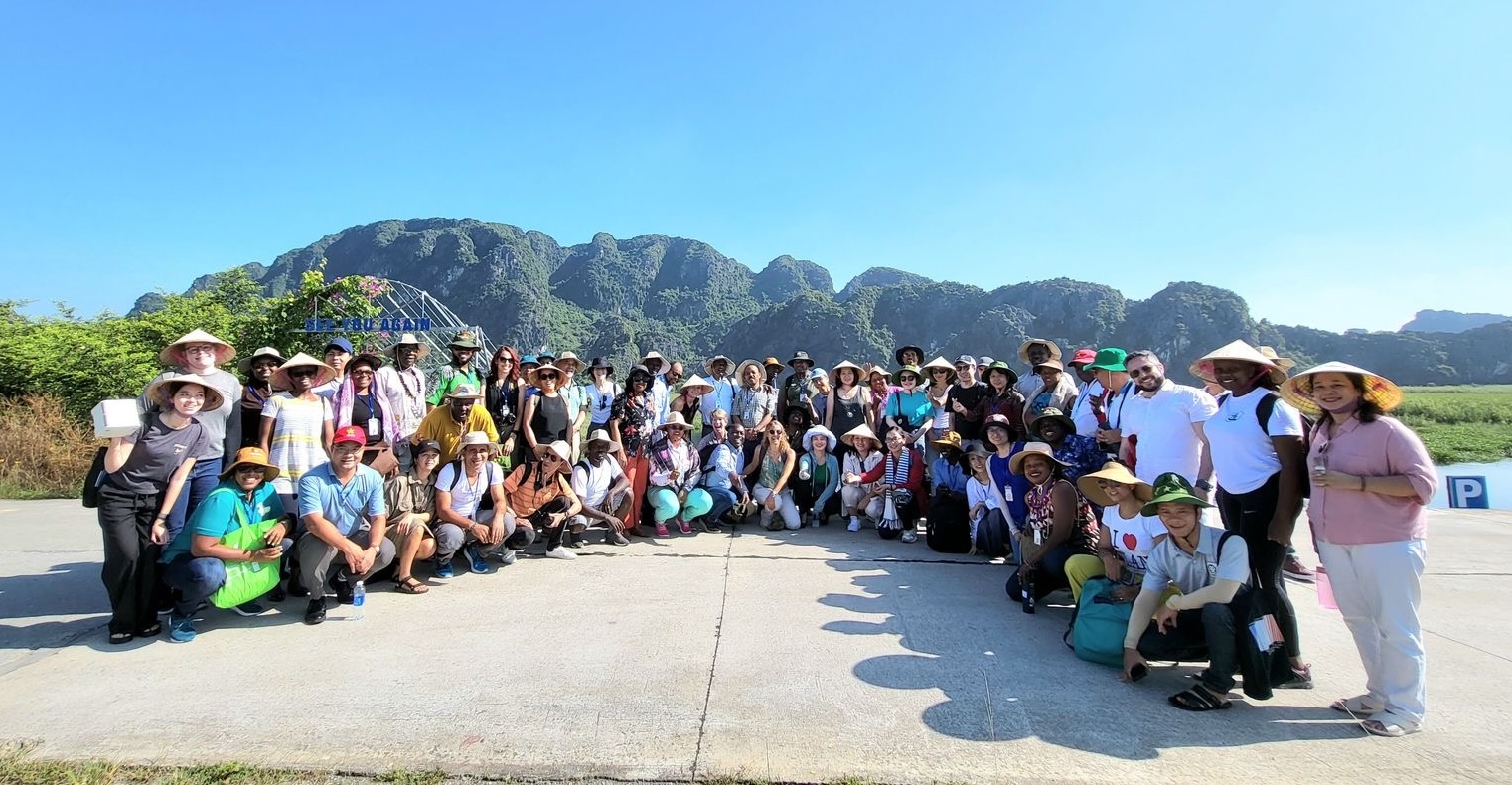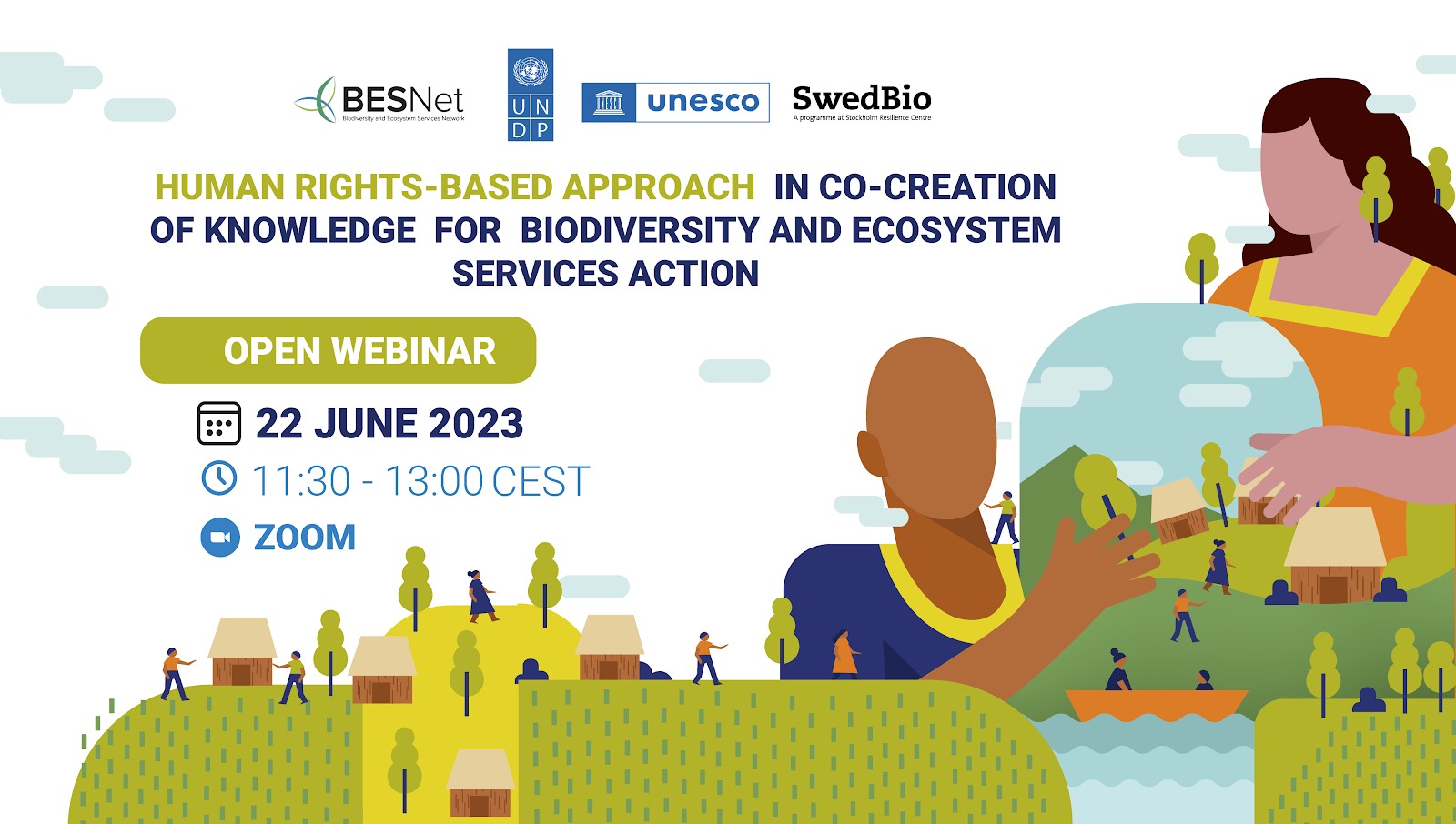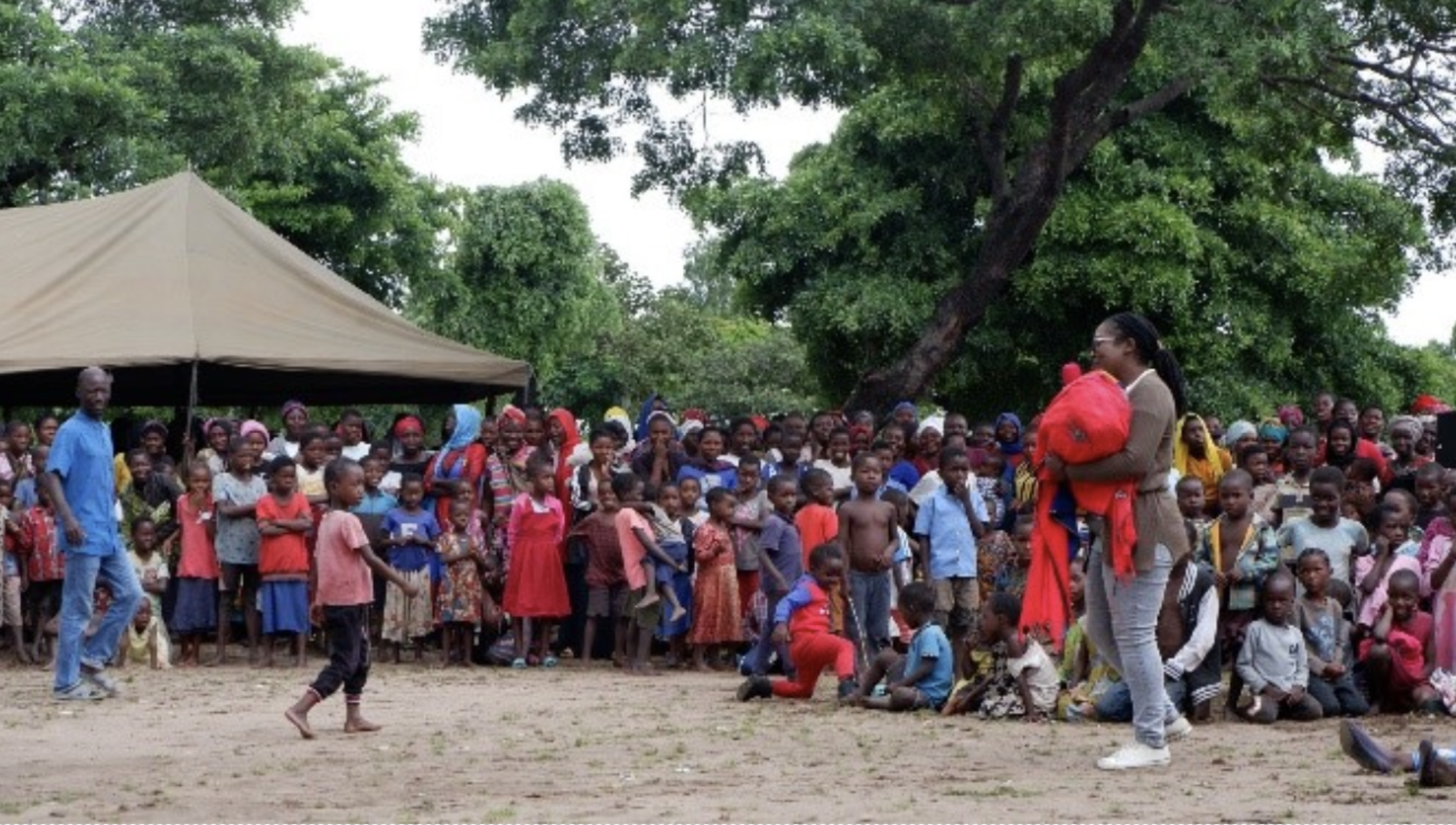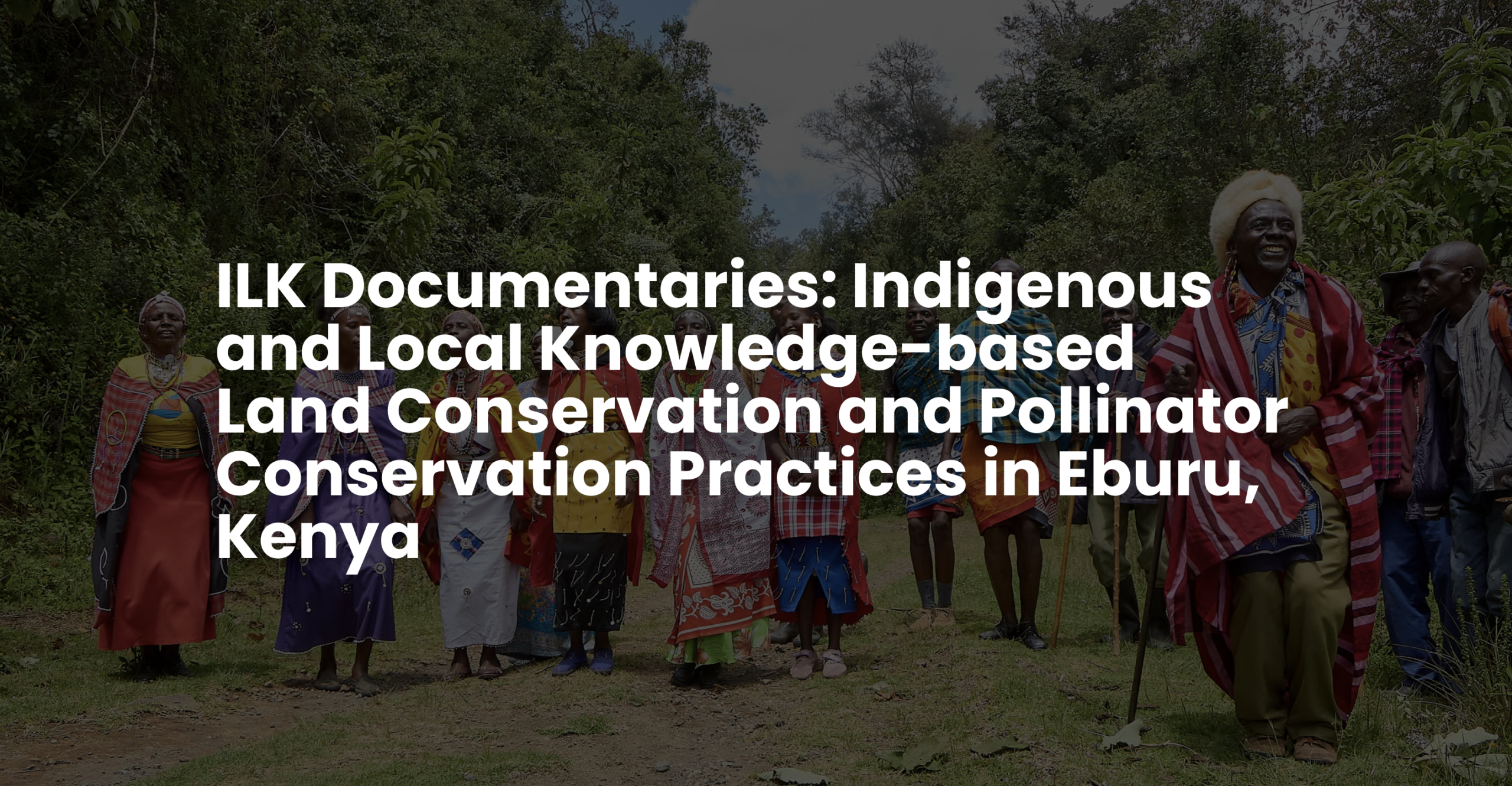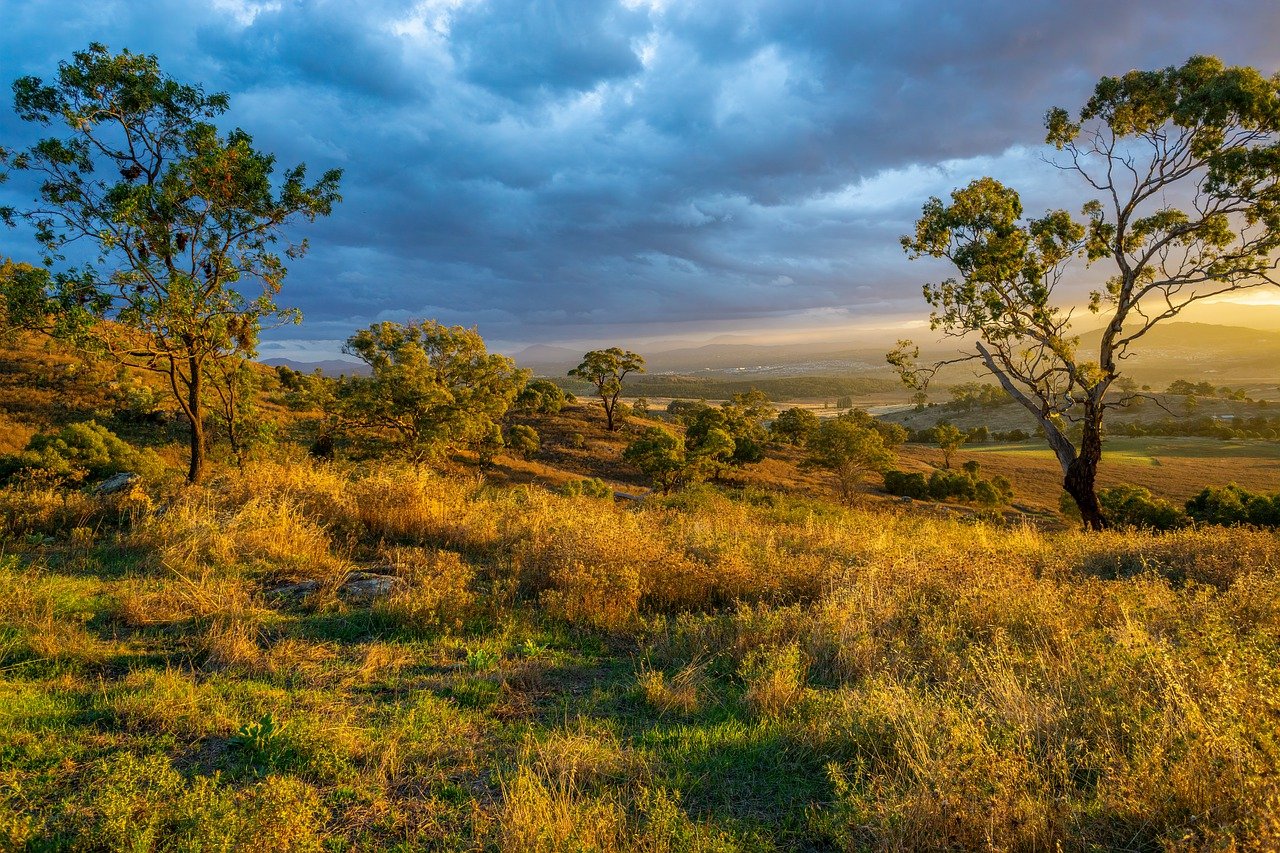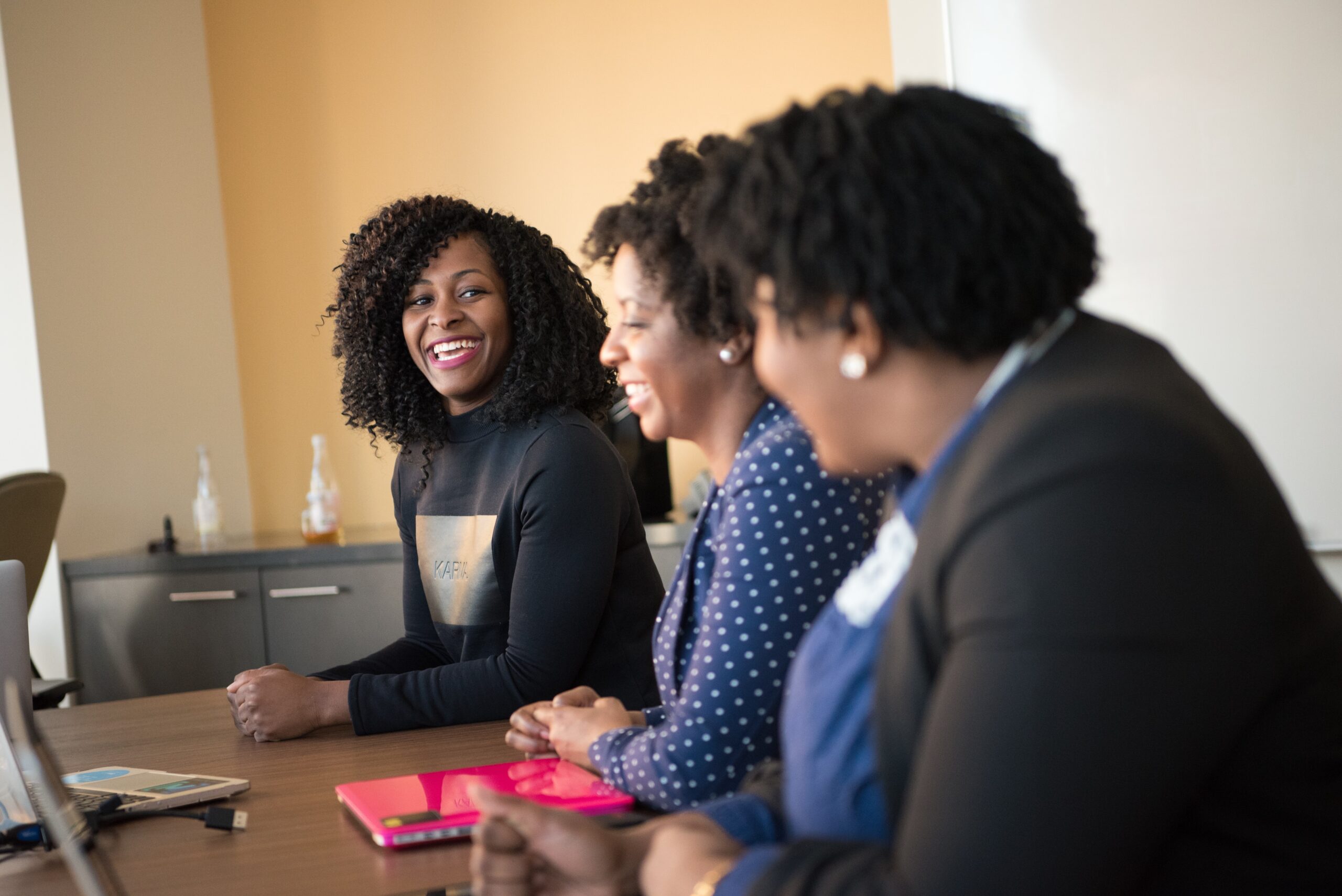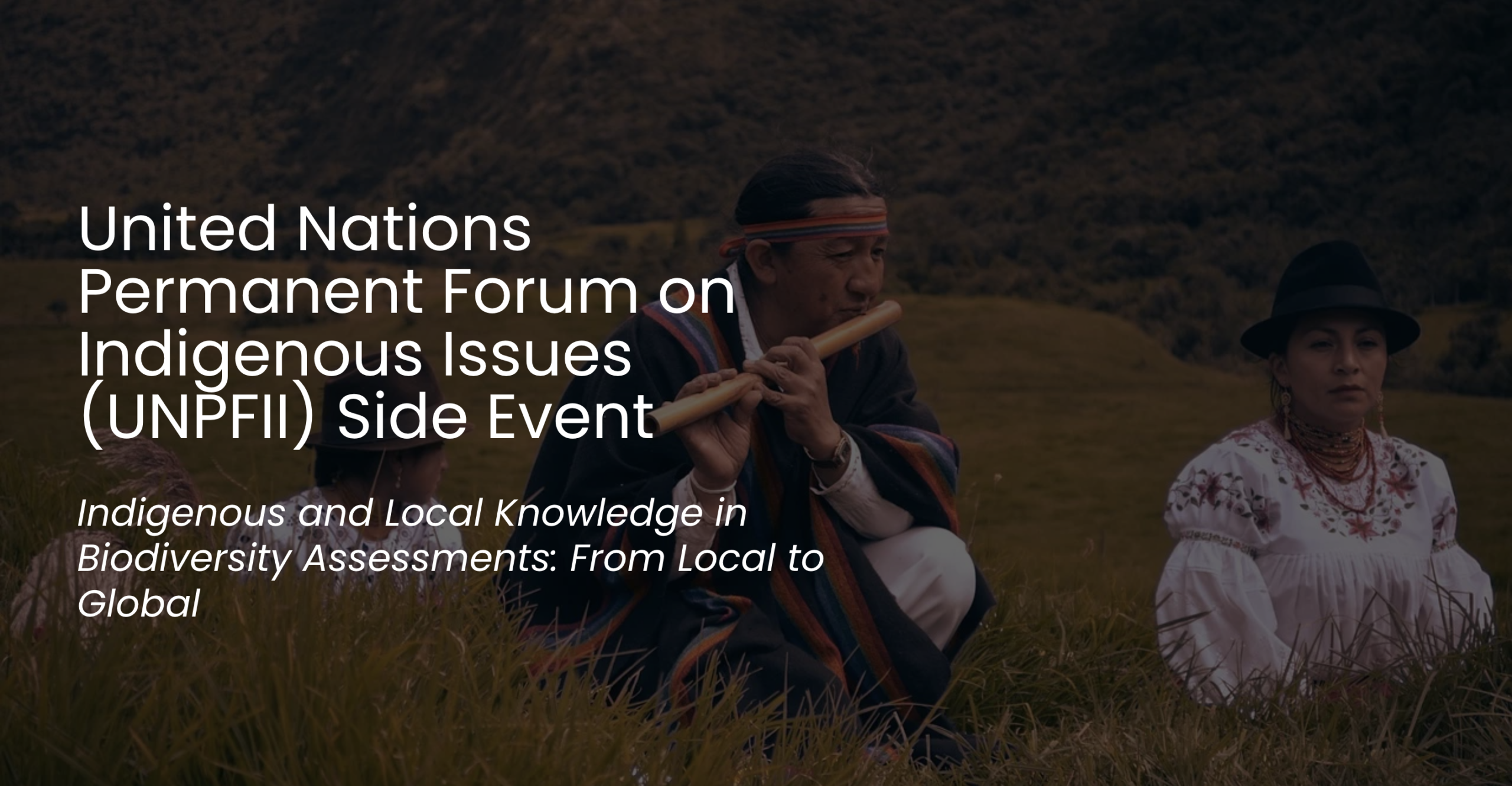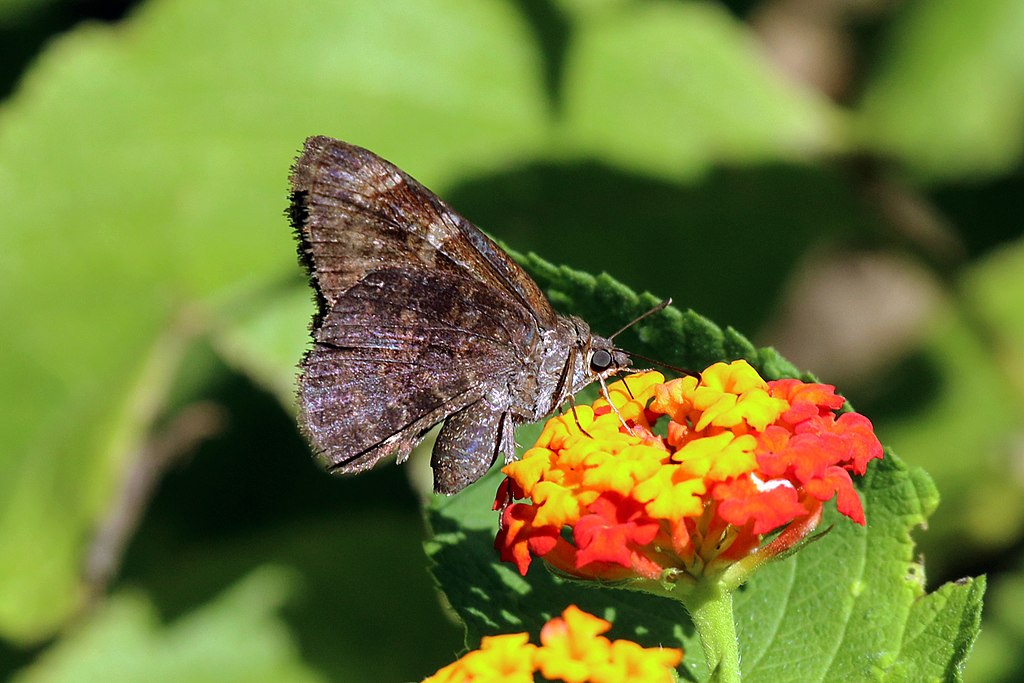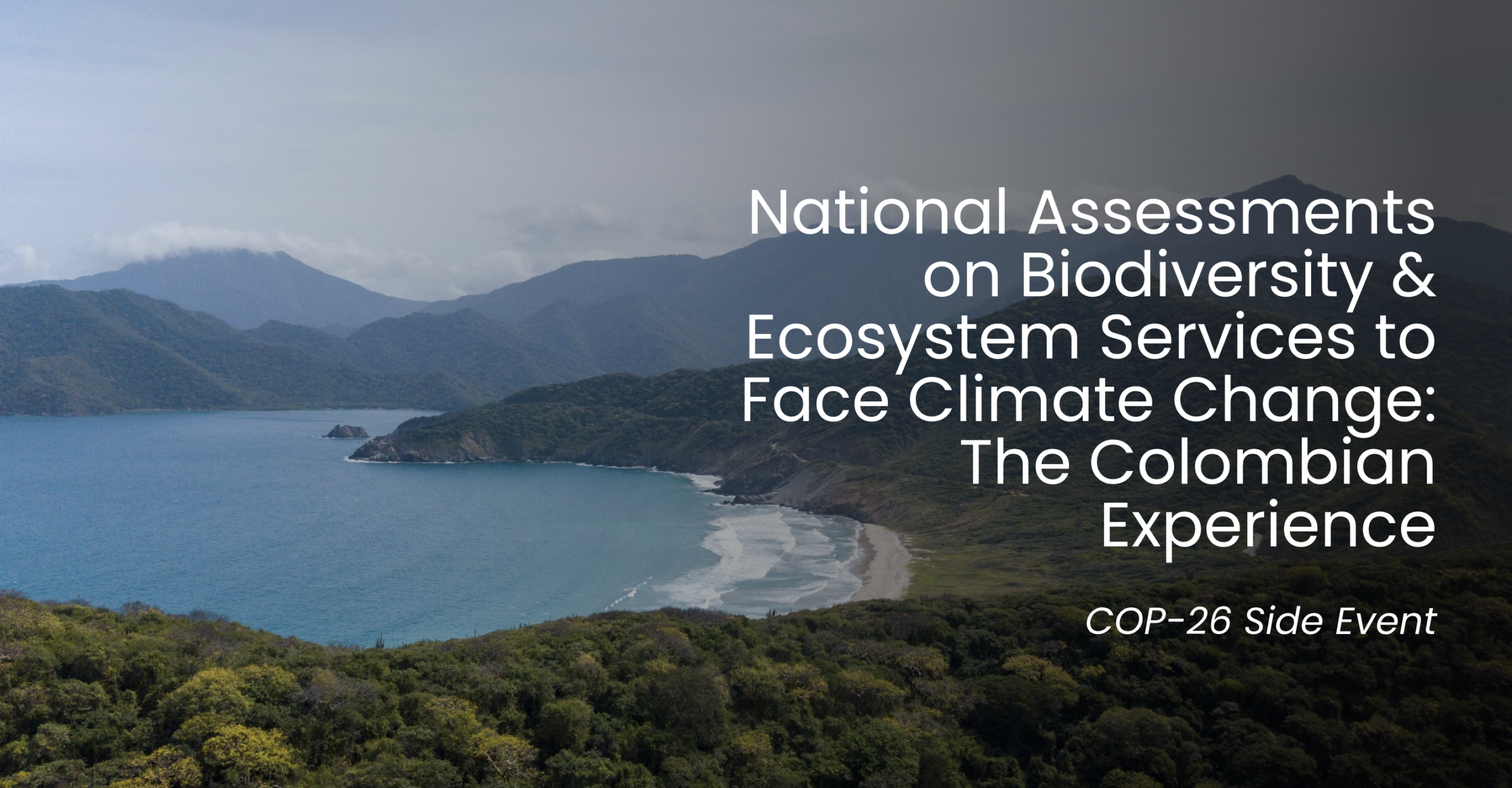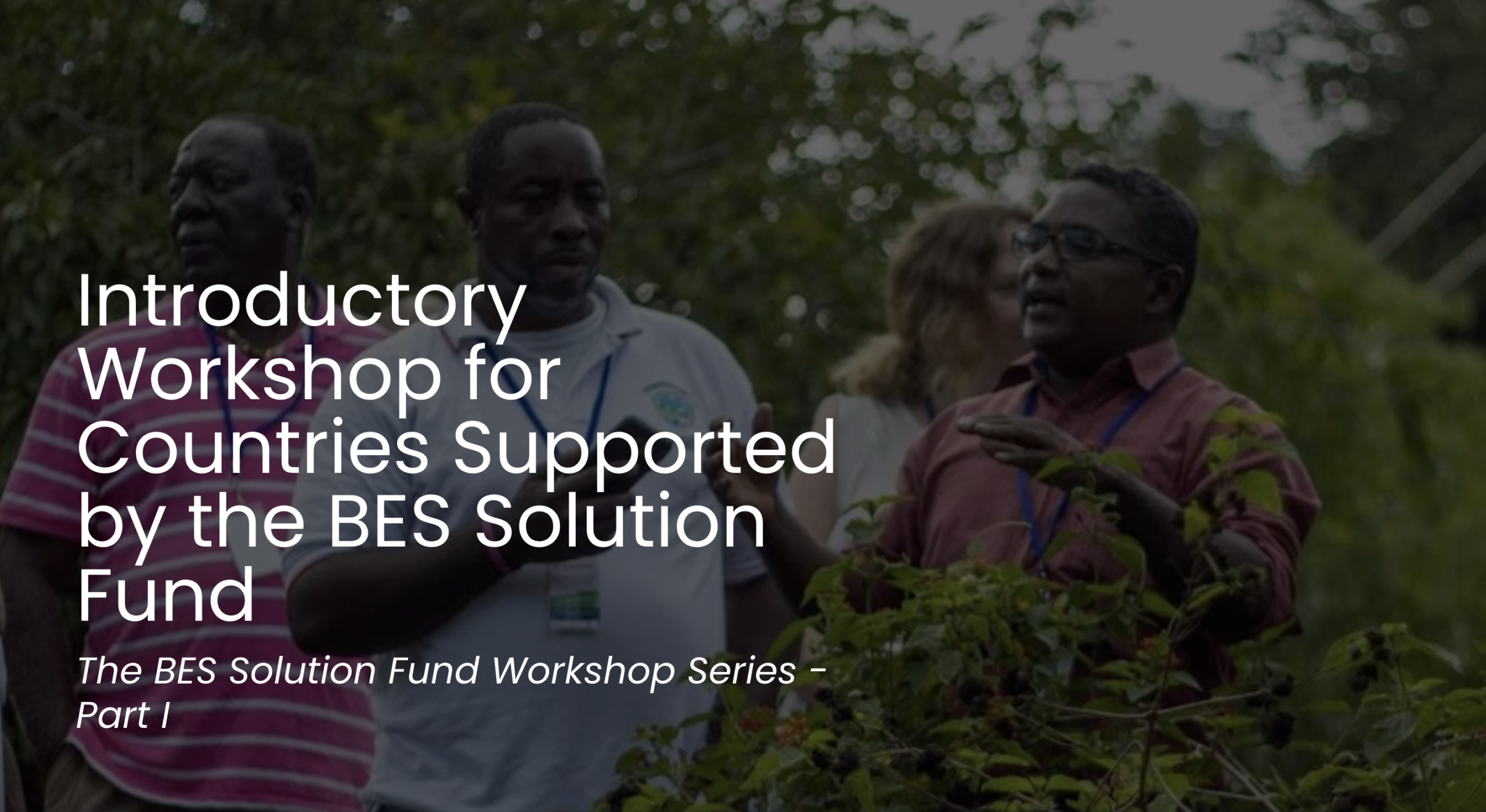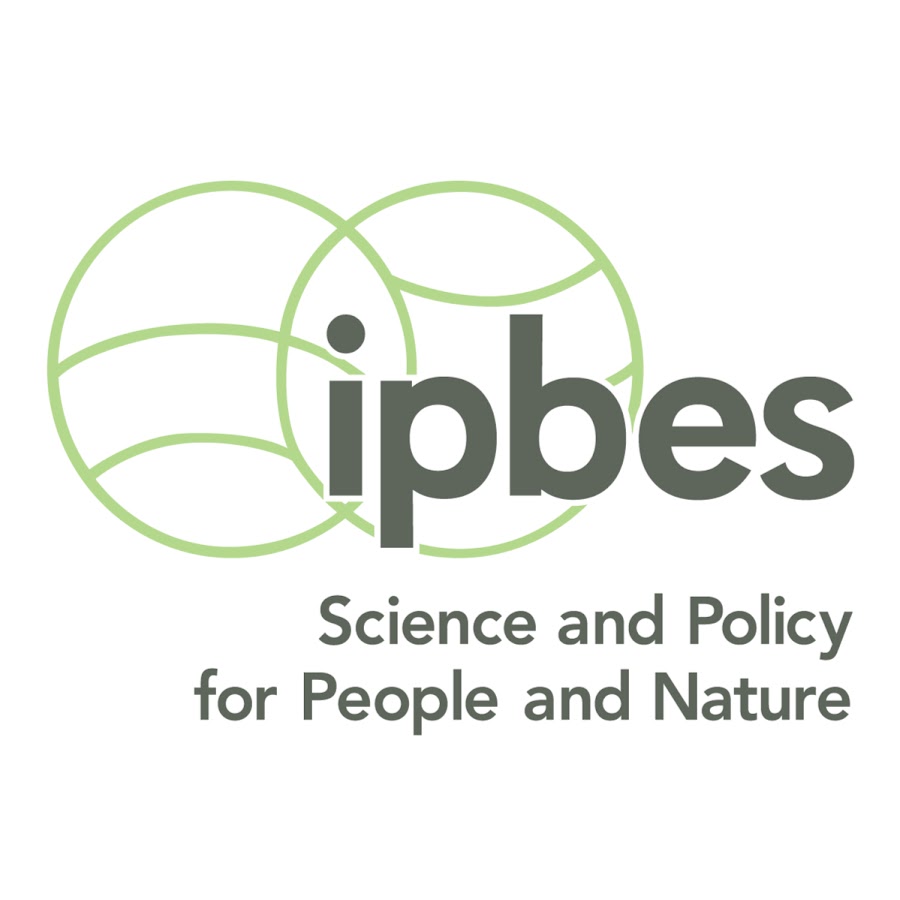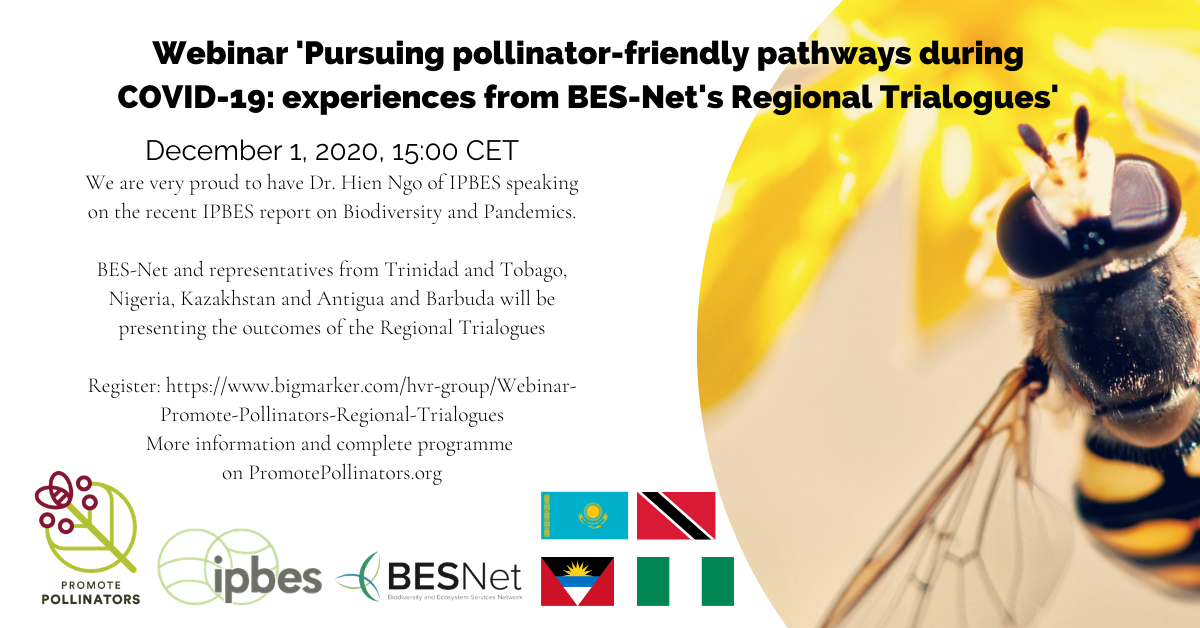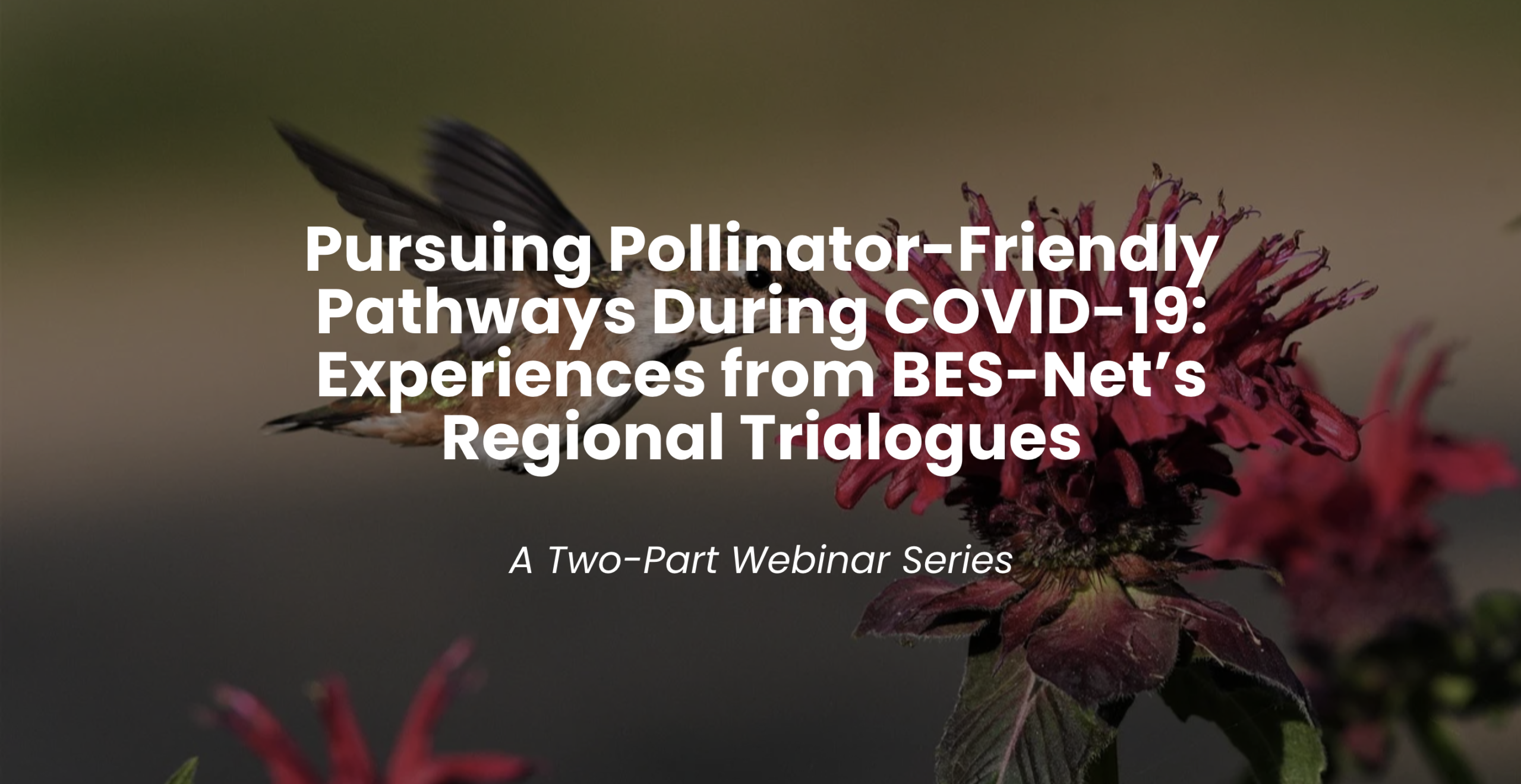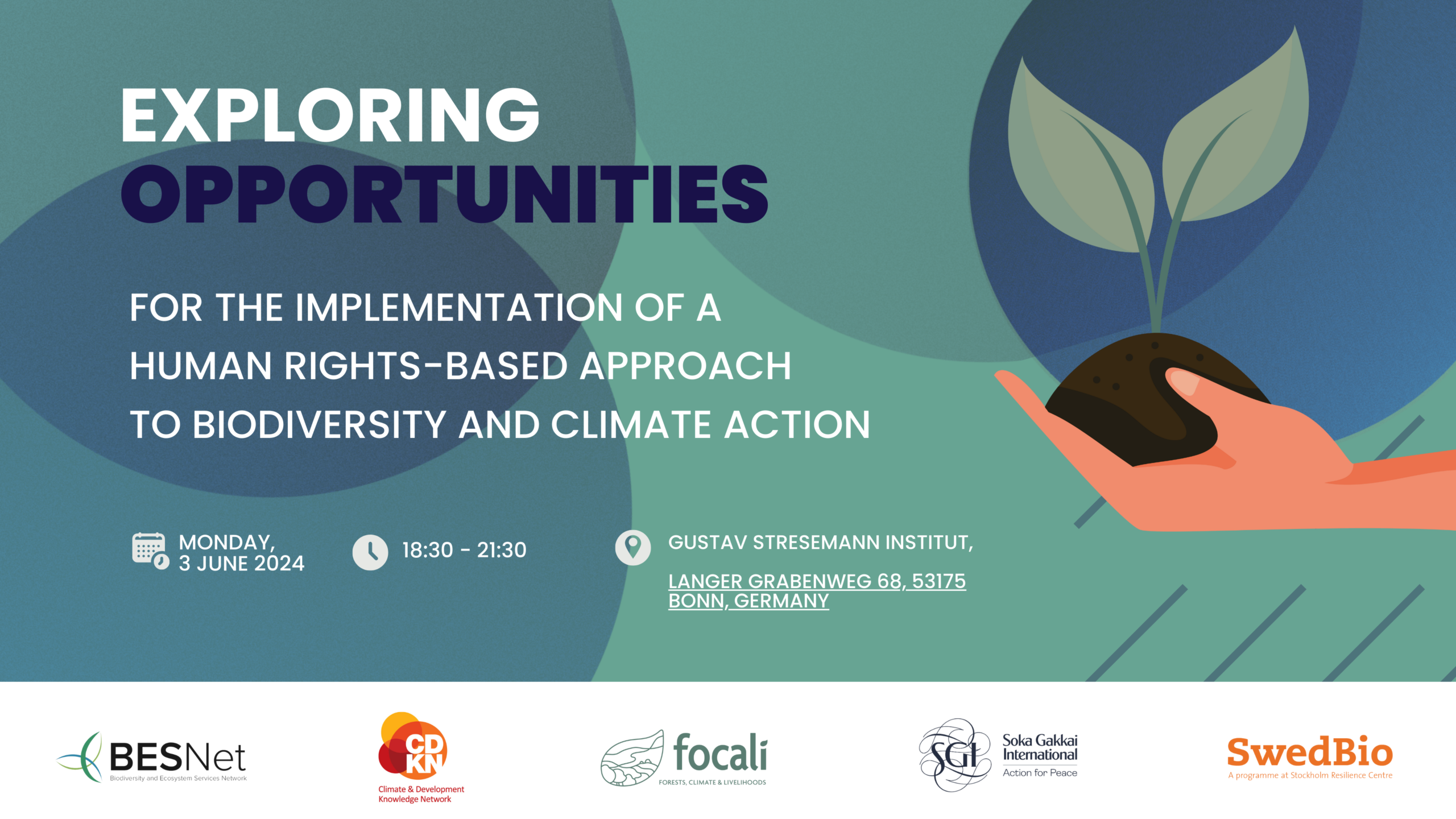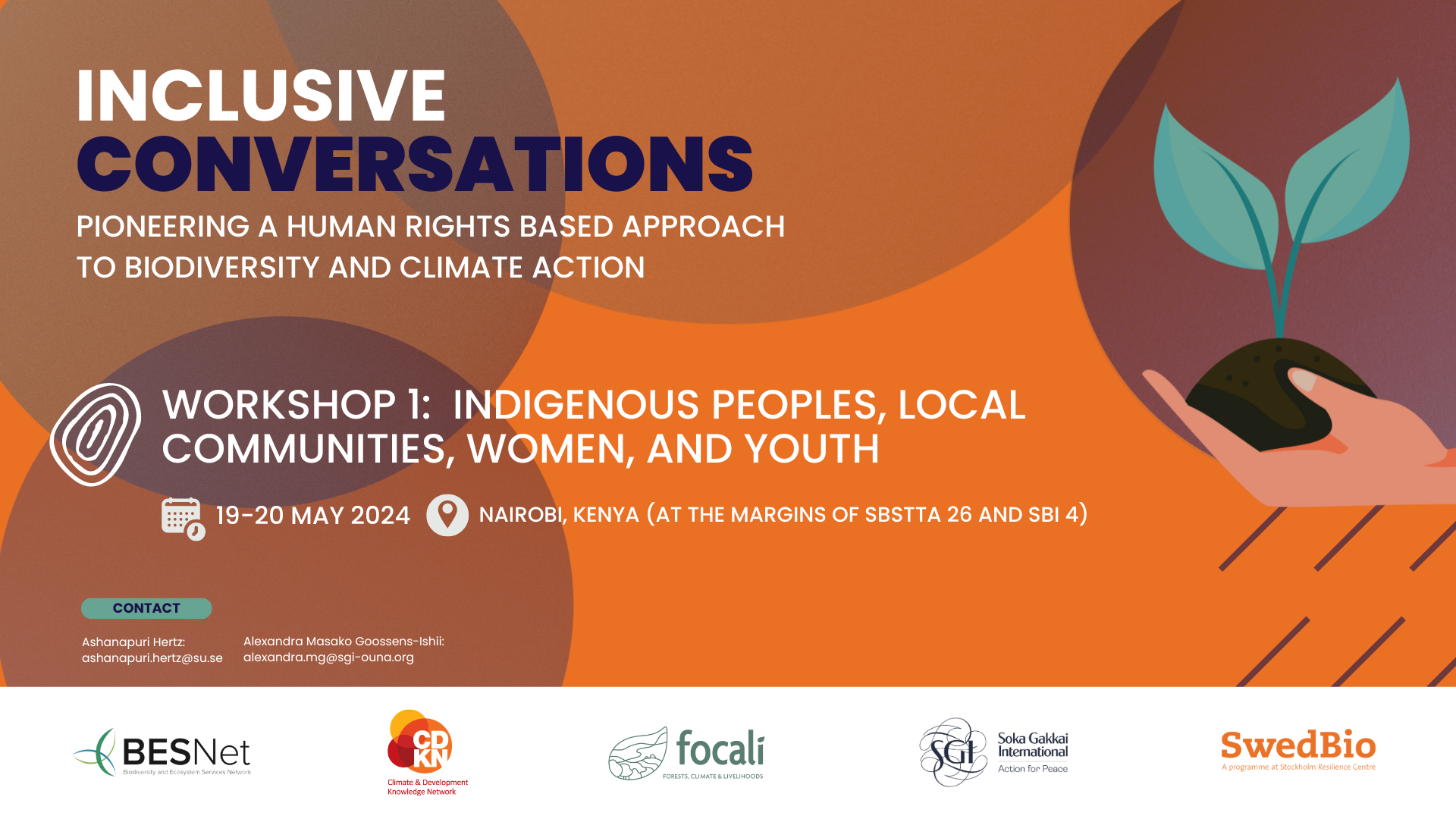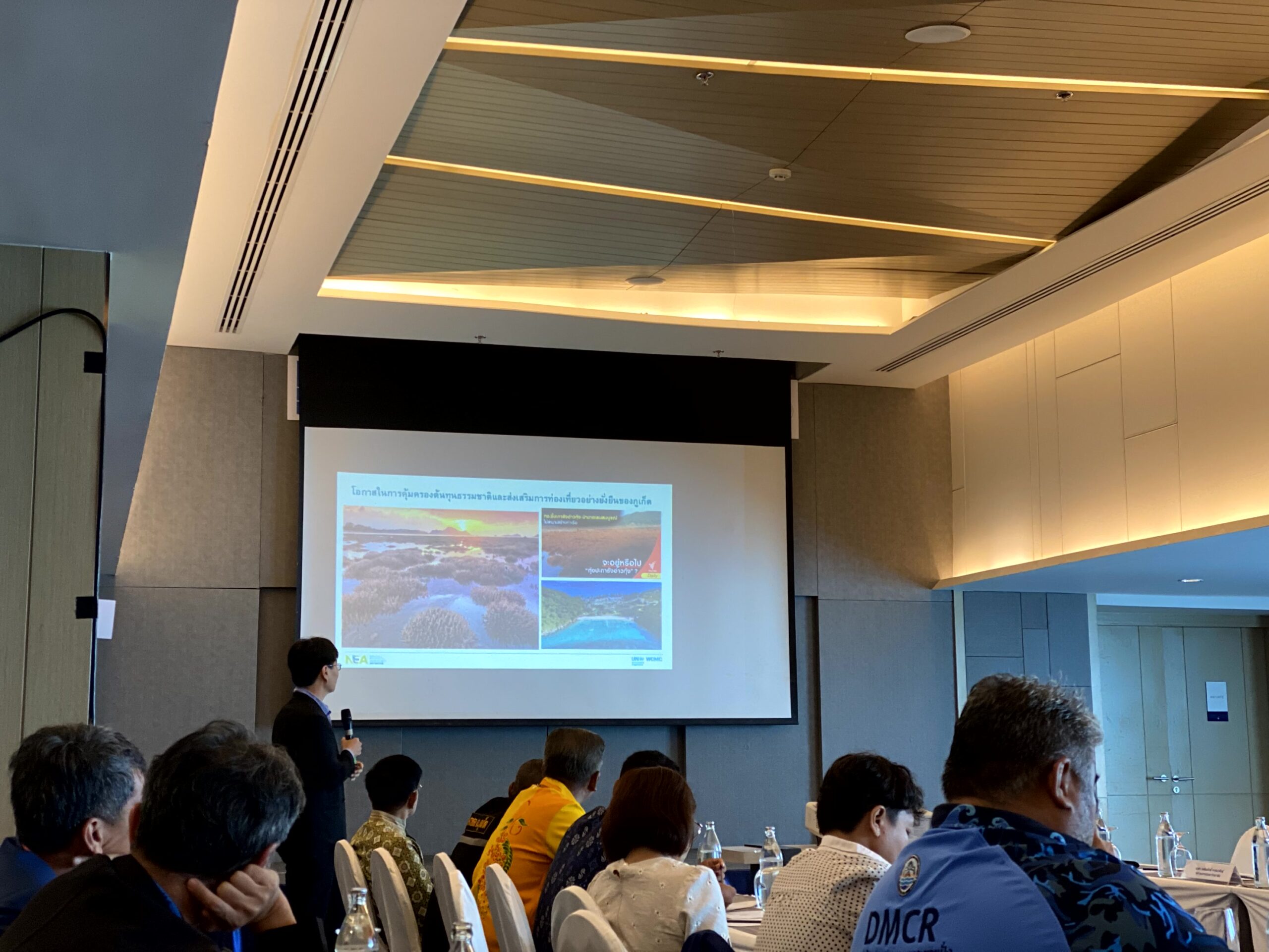Date: 17 August 2022
Time: 2pm–4pm Paris time (CEST)/8am–10am New York time (EDT)
Venue: Online/Zoom
Registration link: https://awf-org.zoom.us/webinar/register/WN_XDl_qxWsQH6Jyoc3Z6z3GQ
Background
Indigenous peoples and local communities hold deep, intricate knowledge of climate, biodiversity and ecosystems that often stretches back over generations due to their sustained connection to nature through nature-based livelihoods (i.e., hunting, fishing, herding and gathering) and spirituality. Indigenous peoples own, manage, use or occupy about 25% of the global land and approximately 35% of all remaining terrestrial areas with very low human intervention. These figures increase substantially when contributions of local communities are accounted. Despite intensifying pressures on indigenous territories, nature managed by indigenous peoples and local communities is declining less rapidly compared to other lands (IPBES, 2019). However, indigenous and local knowledge, a key enabler for sustainable conservation, is at risk of disappearing. This loss of indigenous and local knowledge is largely associated with communities being displaced from indigenous territories, lack of documentation and a decline in transmission to younger generations.
Indigenous youth act as a conduit for indigenous and local knowledge – as custodians and vocal advocates, practising sustainable use of wild species as a key part of their identity and for their well-being. Indigenous youth today are navigating both traditional and digital spaces simultaneously. Yet, there are few avenues for their voices to be included in the dialogue and decision-making processes around nature conservation or in research and programmes. Therefore, this event has been designed to act as a platform to highlight some voices and lessons among indigenous youth who are leading the way in the adopting and amplifying solutions in the sustainable use of nature. p These themes are very much in line with upcoming thematic assessment on Sustainable Use of Wild Species undertaken by the Intergovernmental Science-Policy Platform on Biodiversity and Ecosystem Services (IPBES), the foremost global authority working to strengthen the science-policy interface on the conservation and sustainable use of biodiversity and long-term sustainable development.
Overview and Objectives
The event will provide a platform to bring together indigenous and local youth to share knowledge and discuss experiences and solutions on the sustainable use of wild species in biodiversity conservation and ecosystem restoration.
- The event will highlight how youth can be drivers of change and inspire tangible solutions to sustainably using wild species, including the ways in which they document and preserve their peoples’ and communities’ indigenous and local knowledge.
- Given indigenous youth are often under-represented stakeholders, this event will also offer a learning opportunity for BES-Net’s key countries and other regional and sub-regional partners (involved in BES-Net’s Trialogues and/or receive the BES Solution Fund), to hear the deep-rooted perspectives, expertise and experience in sustainable use.
Format of the Event
This event will be held virtually through Zoom, in a TED-style/storytelling format, and will start with an opening prayer by an indigenous elder. The scene will be set by a moderator (also a youth activist/champion). Five indigenous/local youth champions from different continents/countries will be invited to share their “story”, testimonial or reason behind their belief in the importance of biodiversity in a semi-formal style similar to a fireside circle. Speakers will be given 10–15-minute slots and guided to share their story in a relaxed, intimate way using minimal visual aids, leading each of their interventions to three main takeaways about capturing indigenous and local knowledge in biodiversity and ecosystems conservation.
In between the speakers’ stories, the moderator will share art/video/photos as part of a two-minute “Art Corner” that will highlight ways in which ways indigenous and local youth are documenting and engaging with ancestral knowledge (i.e., photography and video) and will provide a reflection on the diverse ways indigenous peoples and local communities value and manage nature. The individual stories will be followed by a Q&A in a panel discussion format led by the moderator and finally, to close the session, an elder indigenous knowledge holder will be invited to provide reflections on the discussions of the day.




